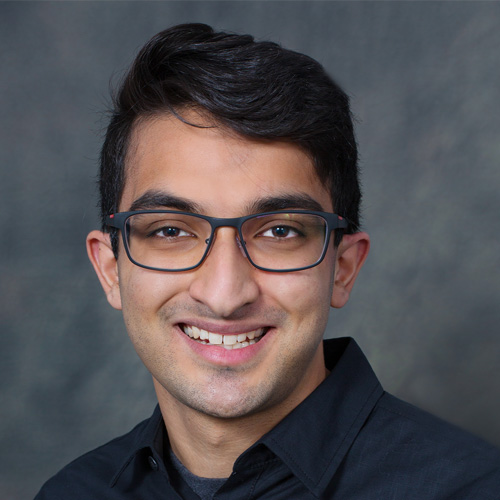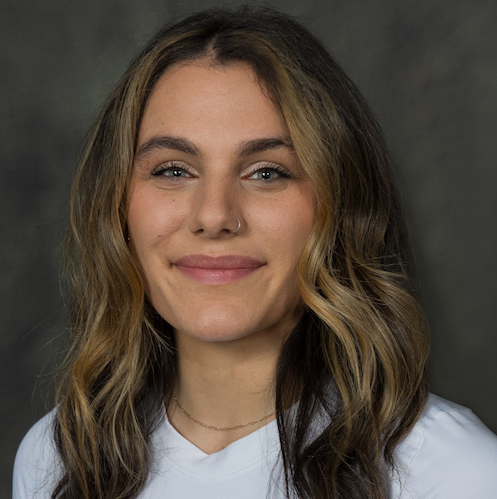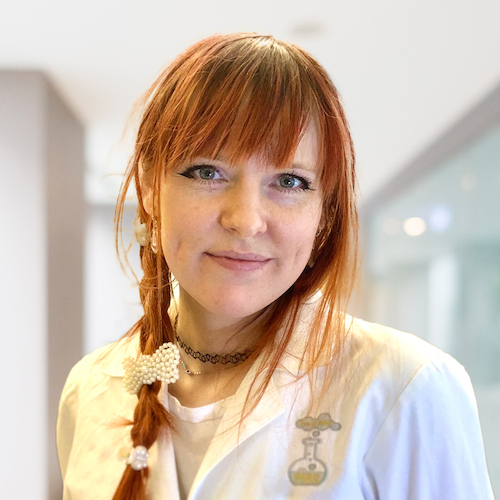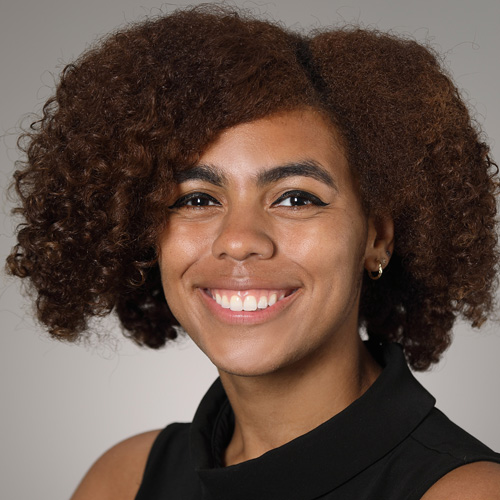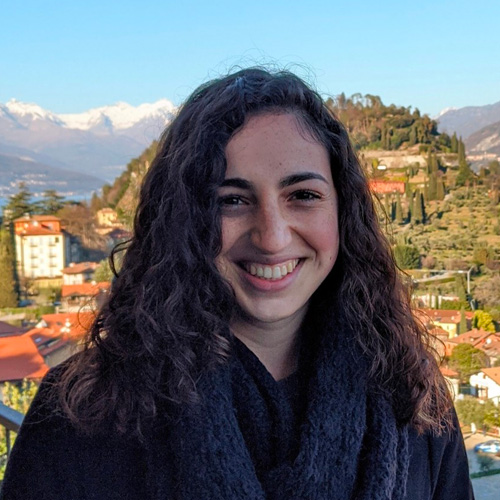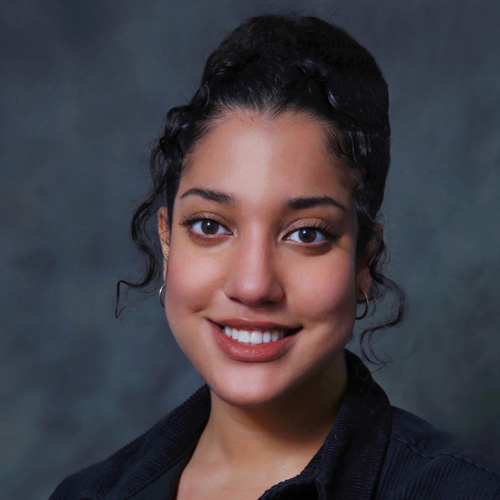DIRECTOR
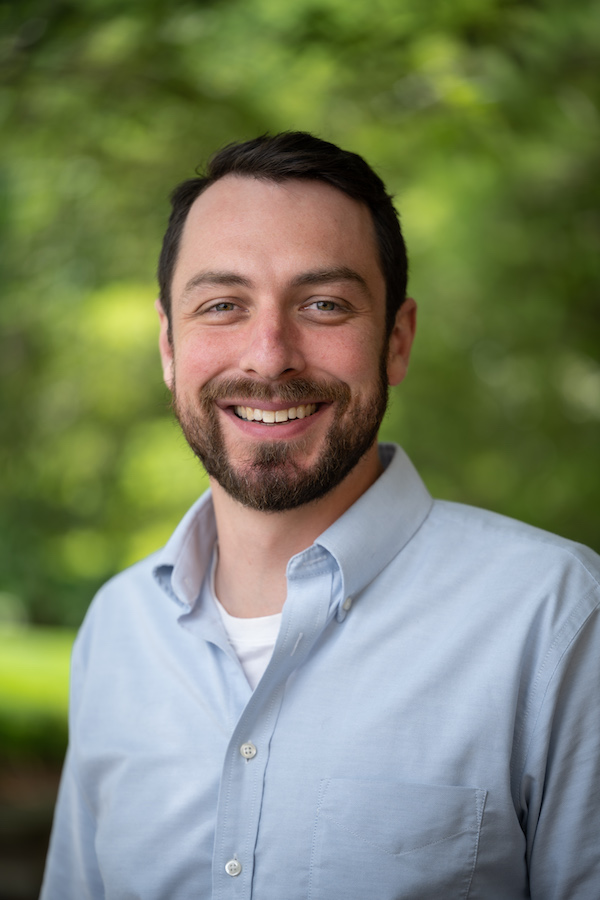
Joshua J. Emrick, DDS, PhD
Assistant Professor
Dr. Joshua Emrick is an assistant professor in the Department of Biologic and Materials Sciences & Prosthodontics at the University of Michigan School of Dentistry. He was awarded his D.D.S. and Ph.D. in oral and craniofacial biology from the University of California - San Francisco School of Dentistry, completing his dissertation with Dr. David Julius (Nobel Prize, 2021). Prior to joining Michigan, Dr. Emrick conducted his postdoctoral studies as a Dental Clinical Research Fellow at the National Institute of Dental and Craniofacial Research (NIDCR) with Dr. Nicholas Ryba.
Dr. Emrick is a U-M Biological Sciences Scholar (2021) and has support from a NIDCR Career Transition Award (K22) and a RE-JOIN Consortium Award (UC2).
